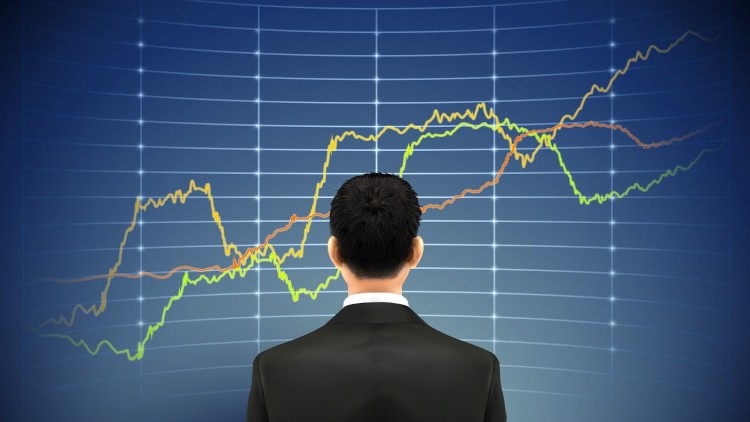The Role of Technology in Shaping Modern Stock Market Dynamics
The stock market, once a bastion of human interaction and paper-based transactions, has undergone a profound transformation propelled by technological advancements. In the contemporary landscape, technology plays a pivotal role in shaping every facet of stock market dynamics, from trading execution to market analysis and beyond. One of the most notable changes brought about by technology is the advent of electronic trading platforms, which have revolutionized the speed and efficiency of transactions. Gone are the days of frantic phone calls and shouting on trading floors; now, trades are executed in milliseconds with the click of a button. This shift has democratized access to the market, allowing individual investors to participate on equal footing with institutional players. Moreover, technology has enabled the development of sophisticated trading algorithms and high-frequency trading HFT strategies. These algorithms, fueled by vast amounts of data and powered by advanced computing capabilities, can analyze market trends and execute trades at speeds unimaginable to human traders. While these developments have enhanced market liquidity and efficiency, they have also introduced new challenges, such as concerns about market manipulation and systemic risk.

Regulators are continuously grappling with how to strike the right balance between innovation and Vietnam stock market stability in this rapidly evolving landscape. Beyond trading, technology has also transformed market analysis and decision-making processes. Data analytics tools and machine learning algorithms sift through vast troves of data, ranging from financial statements to social media sentiment, to identify investment opportunities and assess risk. This data-driven approach has led to the rise of quantitative investing strategies, where algorithms make investment decisions based on mathematical models rather than human intuition. While these strategies can provide valuable insights and improve investment outcomes, they also carry the risk of algorithmic biases and unforeseen correlations, highlighting the importance of human oversight and judgment. Furthermore, technology has facilitated the rise of alternative trading venues, such as dark pools and electronic communication networks ECNs, which operate outside traditional exchanges.
Hese platforms offer anonymity and reduced market impact for large institutional trades but have raised concerns about transparency and market fragmentation. Regulators are increasingly focused on ensuring fair and orderly markets across all trading venues, regardless of their technological sophistication. The proliferation of mobile trading apps and online brokerages has also transformed the investor experience, making it easier than ever for individuals to buy and sell securities from the palm of their hand. This accessibility has fueled the rise of retail trading and empowered a new generation of self-directed investors. Social media platforms have further amplified this trend, enabling investors to share tips, discuss market trends, and coordinate trading strategies in real-time. While this democratization of information can empower individual investors, it also carries the risk of misinformation and herd behavior, which can lead to heightened market volatility. In conclusion, technology has fundamentally reshaped the modern stock market, revolutionizing trading execution, market analysis, and investor participation.
